About the Programme
Why Relationships and Health?
Social relationships exert strong influence on health and wellbeing. Social connection and support is fundamental to good health; while isolation and harmful relationships are strong risk factors. Context matters; human relationships are played out within broad and complex social systems which influence health.
About our research
We explore human relationships in context to tackle key population health issues. We focus on inherently relational health topics (like loneliness), and public health priorities that are strongly influenced by relationships (like mental health and healthy ageing). Our research also focuses on relational mechanisms of change, recognising that human relationships are crucial to the effectiveness of complex interventions. We use relational theories – such as social network theory – to understand problems and test solutions to key public health challenges.
About our team
Our team comprises researchers from a wide range of backgrounds: psychology, sociology, human sciences, political science. Our programme has three overlapping workstreams: Intimate partners and families; peer networks; and communities. We work with partners such as Rape Crisis, the Scottish Prison Service, NHS health boards and Public Health Scotland to frame research questions, and together design and evaluate interventions.
Our vision is to drive forward relational thinking in Public Health.
We seek to:
- Uncover multilevel and modifiable relational mechanisms important to health
- Improve methods for discovery and translational Public Health research on relationships
- Co-produce and evaluate relationship-focused solutions to public health priorities

Relationships and Health
Projects
Equally Safe at School – a whole school approach to preventing gender-based violence
PACES – social connectivity and physical activity in later life
CONUNDRUM – co-producing national sexual health policy with young people
National Survey of Sexual Attitudes and Lifestyles
The Scottish Drug-Related Deaths Study
Net4Health: Social networks and adolescent health
WAYS (Wellbeing Among Youth in Scotland)
Understanding Young People’s Sexual Wellbeing
The Good Measure project – advancing the measurement of gender and sexual dimensions of adolescent mental health and wellbeing
KATAWAG Study – workplace mental health and wellbeing
COMPASS – community pharmacies as a resource for sexual health in Scotland
Key publications
Sexual wellbeing and public health
Loneliness and wellbeing in young people
Loneliness and life satisfaction during COVID-19
School climate, peer relationships and adolescent mental health
Social bonds within Drug Recovery communities
Impact of COVID 19 on social relationships and health
Change in sex life and relationship quality during COVID-19
Media coverage and news
Staff
Claire Goodfellow
Mark McCann (Networks Workstream lead)
Kirstin Mitchell (programme lead; Intimate and Family Relationships)
Kathryn Skivington (Communities Workstream lead)
Equally safe at school
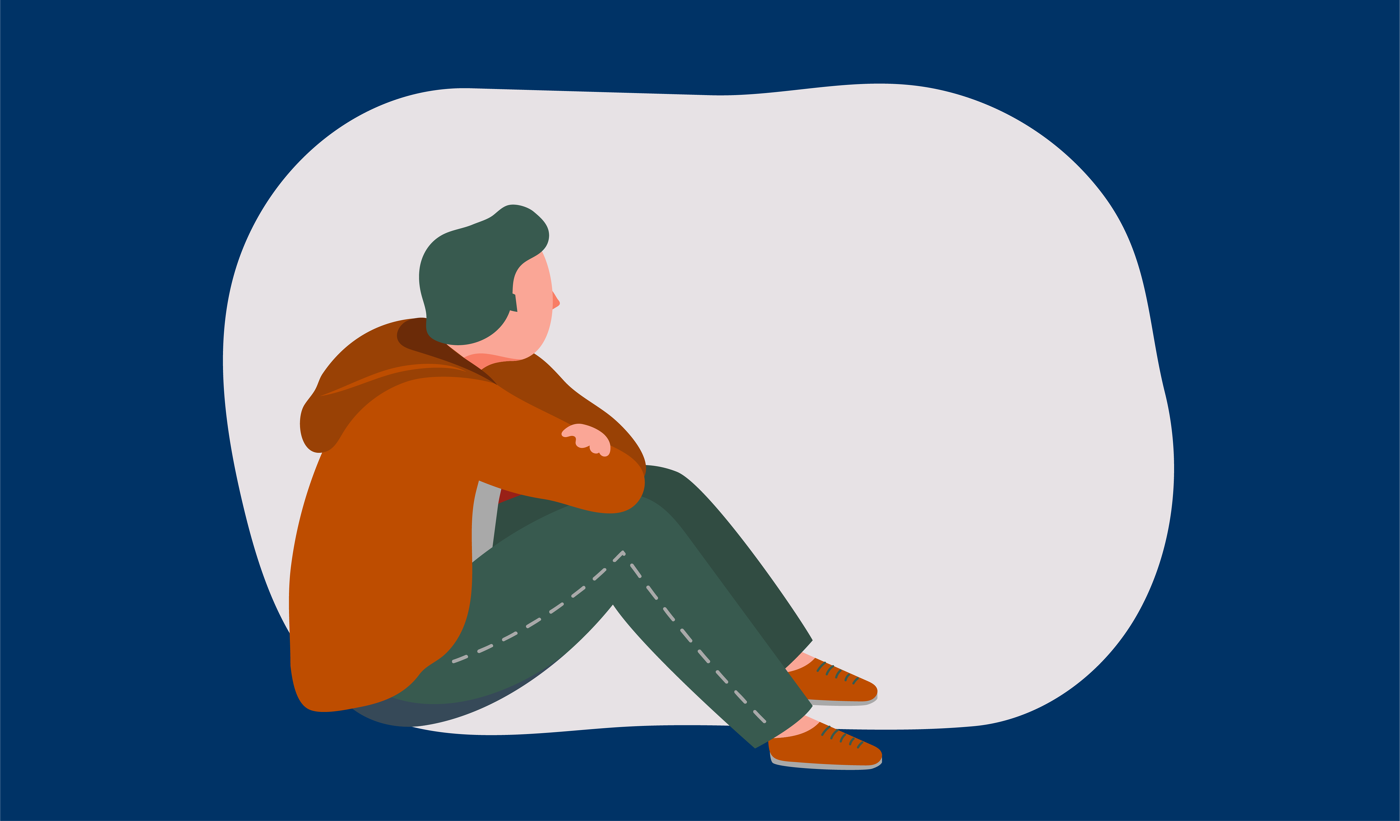
Loneliness and wellbeing
Navigating new relationships in mid-life
How do people count their lifetime partners
Impact on parental imprisonment on children
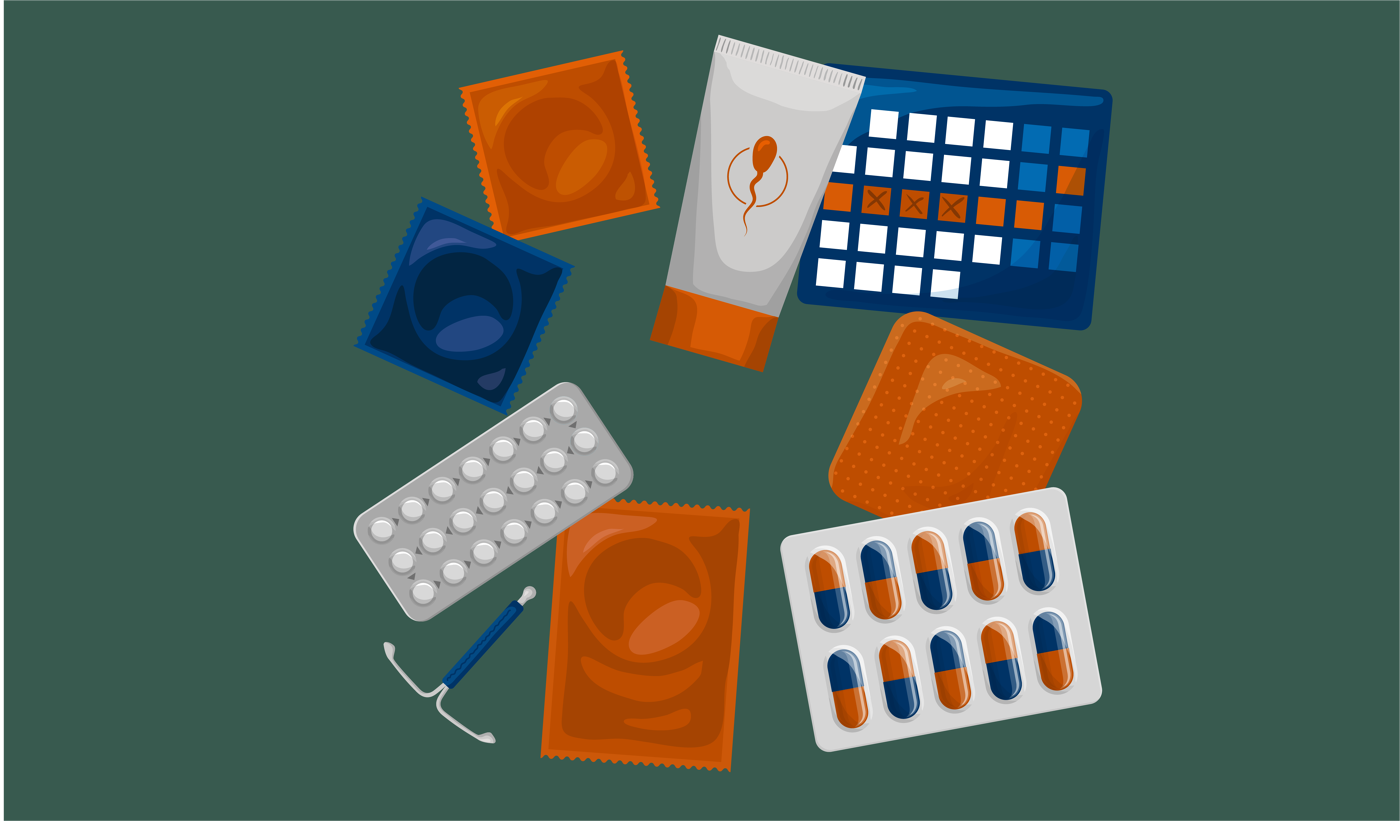
Condom and contraception access during COVID-19
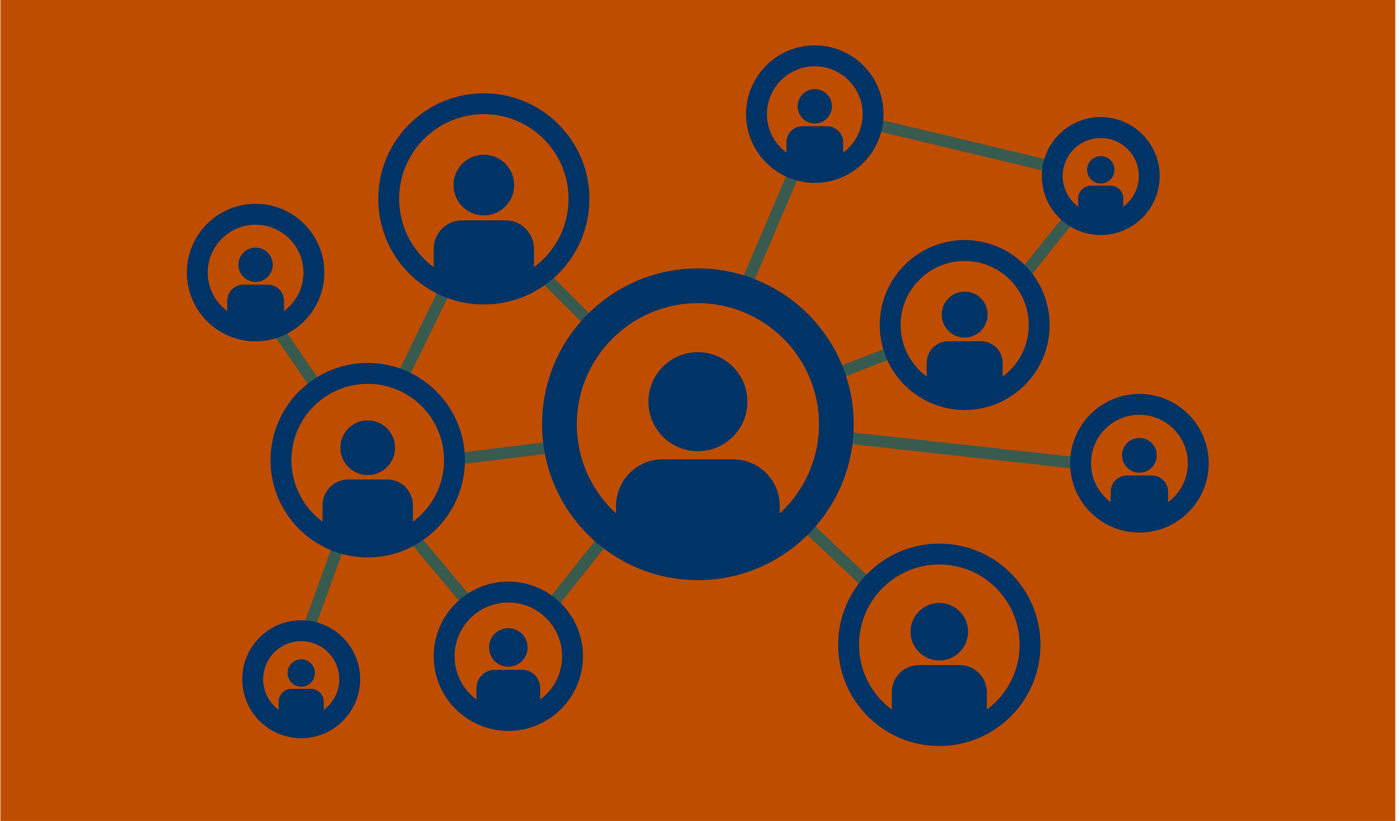
Guidance on processing social network data
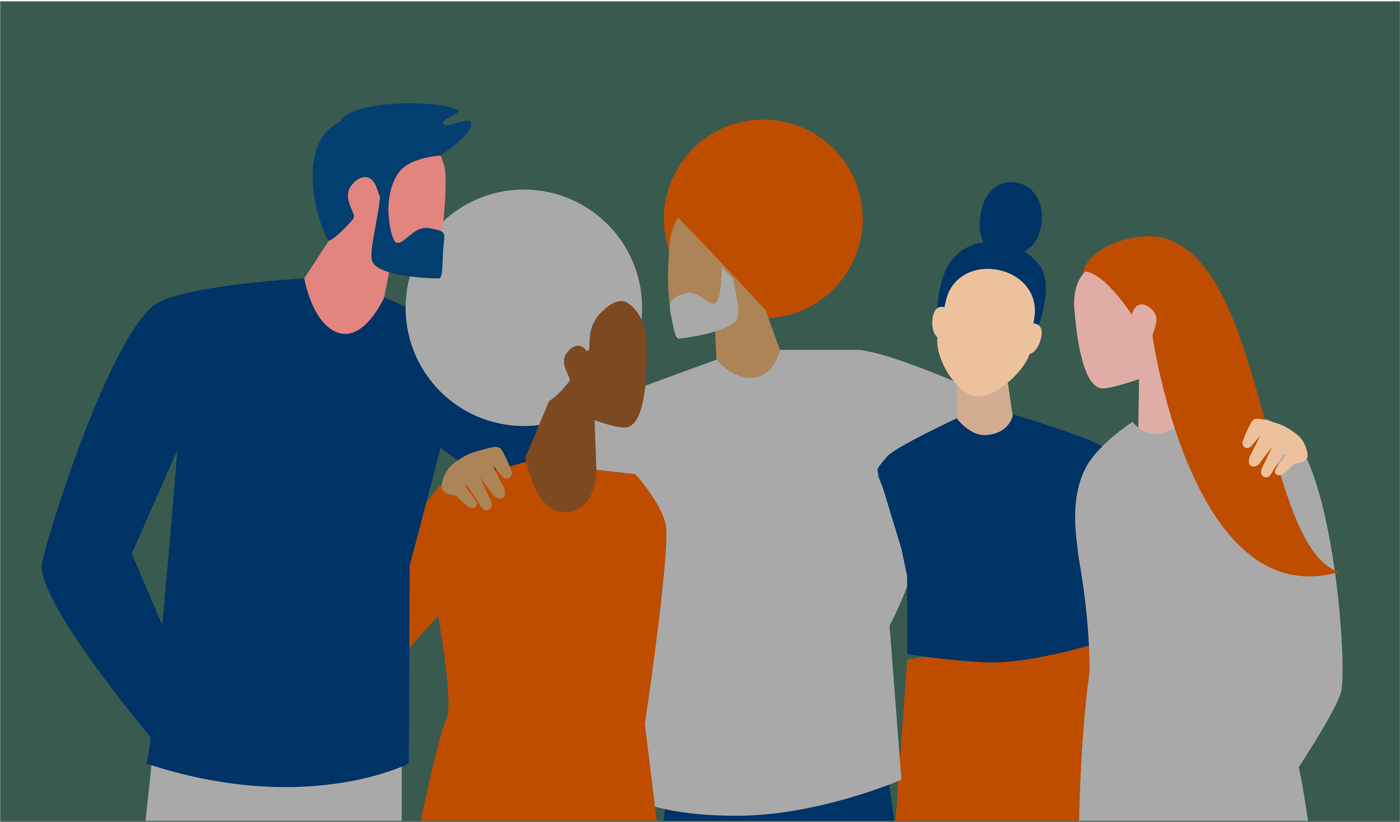
The influence of relationships on recovery
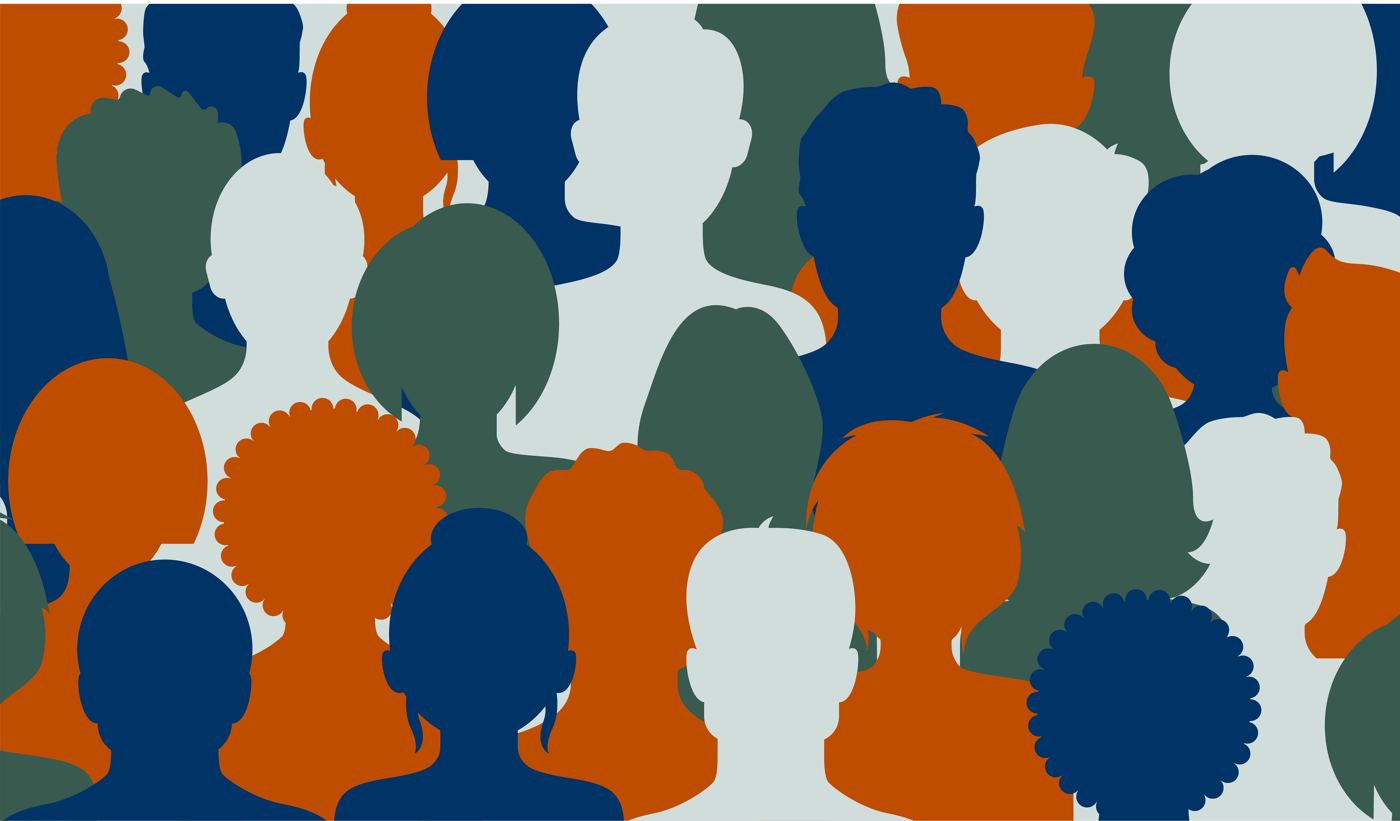
Sexual harassment in Scottish schools
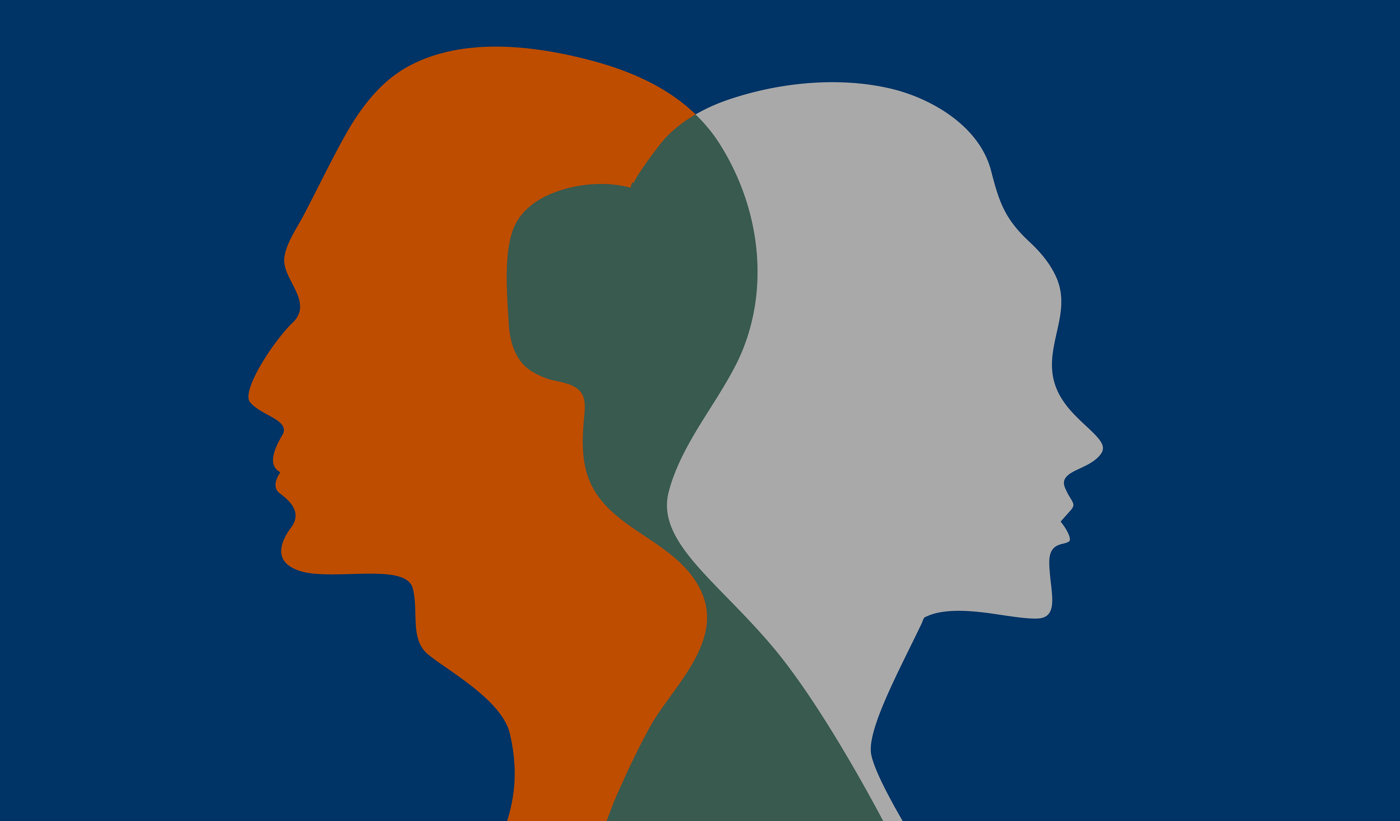
Youth breakup cultures
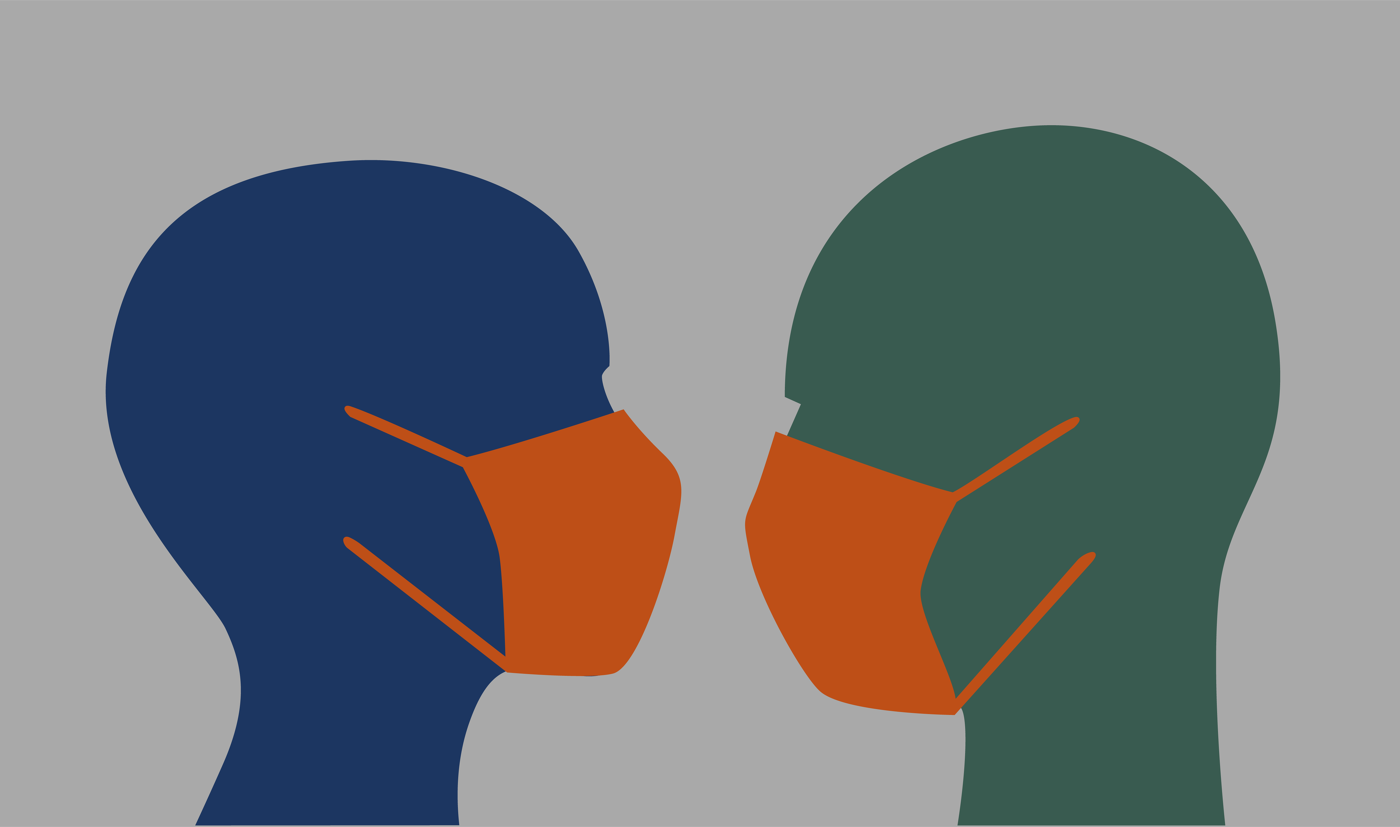
Nuances of sexual consent
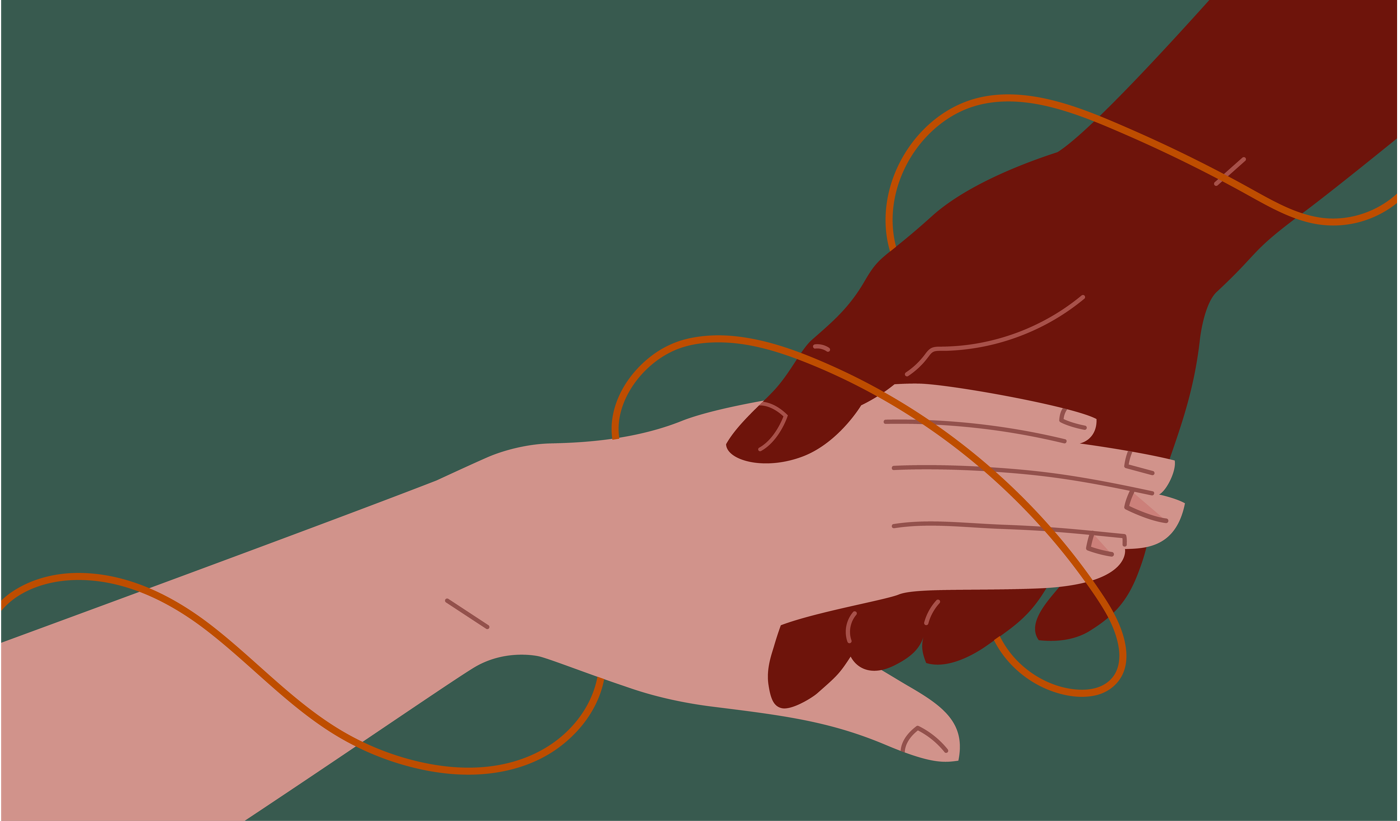
Accessing sexual health services during COVID-19
Publications
There seems to be a problem with the publications at the moment. Please try again later.
Publications (continued)
There seems to be a problem with the publications at the moment. Please try again later.


